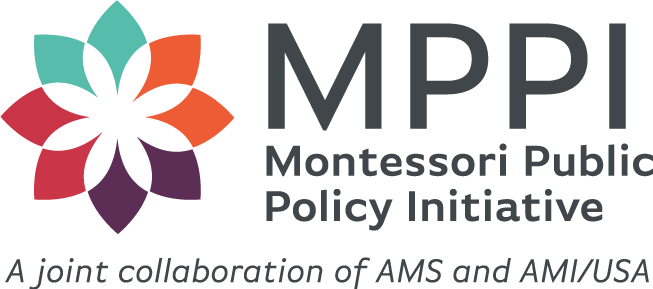In traditional K-12 public schools, regardless of the state, teachers must have a BA and a state-issued license, typically obtained through the state education agency after completing a traditional, university-based preparation program or through some type of alternative certification process. For the majority of public schools, some private schools, and many early childhood programs, Montessori teachers must have a state-issued credential in order to teach. But in most states, Montessori teacher preparation programs are not recognized as approved programs. As a result, to teach in a Montessori school and have a state license, teachers effectively have to go through two training programs: one that meets state requirements, and one that meets Montessori requirements. Going through two programs is an expensive, time-consuming, and duplicative venture for both teachers and Montessori programs, and severely limits the supply of qualified staff. MPPI supports state advocacy groups seeking a pathway to teacher licensure for individuals with a Montessori credential from an AMS or AMI training program or a program accredited by MACTE.
